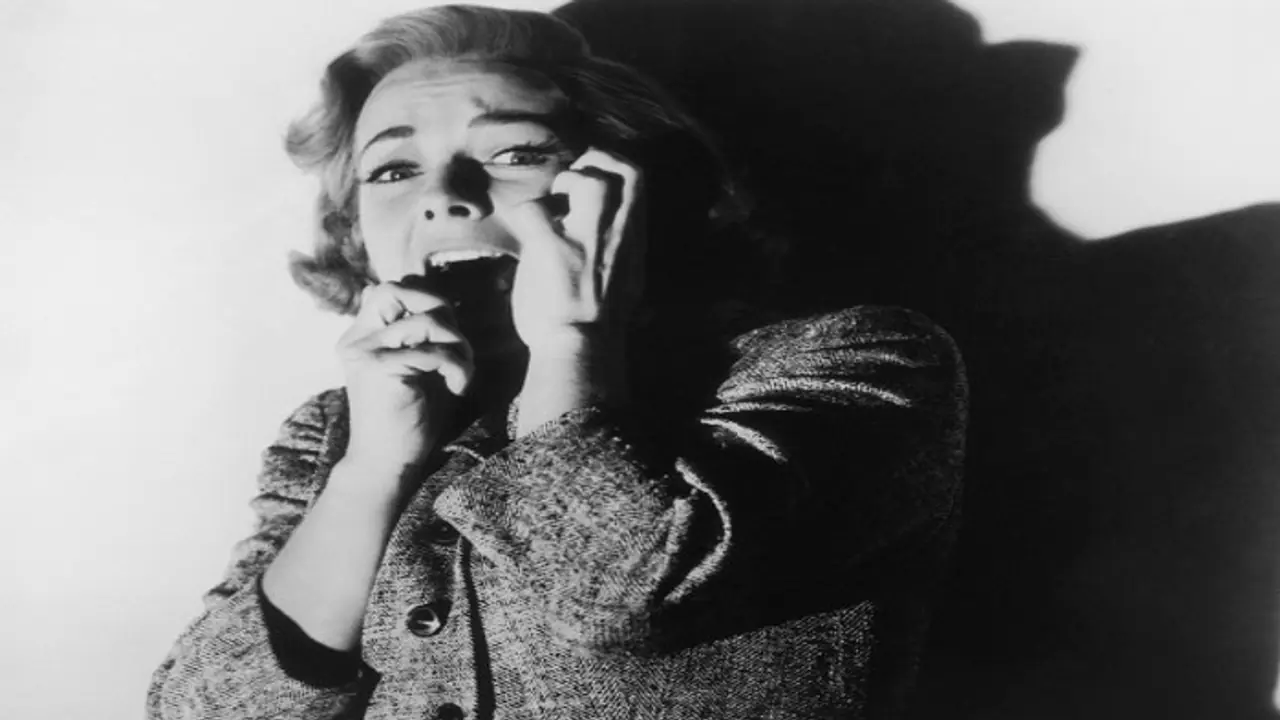Controlled fear – the kind that lets you hit pause, close the book, or exit a haunted house whenever you want – offers a high-octane experience without real risk.
Controlled fear – the kind that lets you hit pause, close the book, or exit a haunted house whenever you want – offers a high-octane experience without real risk. When faced with even a perceived threat, our bodies flood with adrenaline, sparking an ancient fight-or-flight response. Heart rates soar, breathing quickens, and blood pressure rises as the body prepares to face danger or make a hasty escape. This physical response is invaluable when confronted by genuine threats. But in scenarios of controlled fear, like the jump scares of a zombie show, you get to enjoy that adrenaline-fueled rush – similar to a runner's high – without real danger.

And when the perceived threat passes, dopamine, the pleasure-inducing neurotransmitter, is released, leaving you feeling satisfied and relieved.
According to PsyPost, in one study, researchers found that people who visited high-intensity haunted houses showed reduced brain activity in response to other stimuli and felt less anxiety afterward. This finding suggests that engaging in horror films, or thrilling stories, video games may actually provide calmness afterward. As one viewer noted, “Watching zombie shows is our way to wind down after a hectic day at work.”
A sense of belonging
Interestingly, intense shared experiences can forge deep bonds between people – think of veterans who served together, natural disaster survivors, or first responders like firefighters.
As one firefighter remarked, “I feel a flood of positive emotions anytime I think of my firefighting partners, even months or years after we faced a significant blaze together.” These shared threats create a strong camaraderie, evident in the morale boost and emotional closeness that follow harrowing incidents.
Controlled fear experiences like haunted houses can mimic this bonding effect. While facing a perceived threat, the body’s stress responses include not only fight-or-flight but also what psychologists call the “tend-and-befriend” mechanism. This response, heavily influenced by oxytocin, the so-called “love hormone,” fosters social bonds and comfort in stressful times.
Thus, going through a haunted house or watching a horror film with friends is more than just fun – it’s a bonding exercise that strengthens social connections and reinforces emotional ties.
Scaring Yourself to Thrive
Controlled fear experiences not only entertain but also play a pivotal role in helping people adapt, connect, and prepare for a world filled with uncertainties. Through a mix of adrenaline-fueled highs, strengthened social ties, and mental preparation for potential crises, embracing controlled scares can help us thrive. So, next time you’re choosing between a feel-good comedy and a creepy thriller for movie night, consider picking the latter.
Embrace the thrill – it just might be good for your health!
